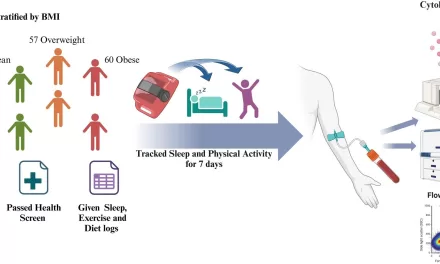The U.S. Food and Drug Administration (FDA) has granted approval to Amvuttra (vutrisiran), a new drug developed by Alnylam Pharmaceuticals, for the treatment of transthyretin amyloid cardiomyopathy (ATTR-CM), a serious and often fatal heart condition.
ATTR-CM is characterized by the buildup of harmful proteins in the heart, leading to impaired heart function. According to the American Heart Association (AHA), this protein accumulation makes it increasingly difficult for the heart to pump blood effectively.
Clinical trial results demonstrated that Amvuttra significantly reduced the risk of death and cardiovascular complications by 28% over a three-year period, compared to a placebo. The drug is administered via subcutaneous injection once every three months.
“We hope this could become our flagship franchise. We’re going to help thousands more patients,” said Alnylam CEO Yvonne Greenstreet in an interview with STAT News, highlighting the drug’s potential impact. “It’s also a transformational moment for the company.”
However, the treatment comes with a substantial price tag. Each dose is priced at approximately $119,000, resulting in an annual cost of $476,000. This places Amvuttra at a higher cost than existing treatments, including BridgeBio’s similar drug and Pfizer’s oral medications for the same condition.
Dr. Mani Foroohar, an analyst with Leerink, a healthcare investment company, noted the significant unmet need in the ATTR-CM market, stating, “There are many, many, many undiagnosed patients and substantial unmet need in this space. This market is very large, underdiagnosed, undertreated.”
Nevertheless, the high cost of Amvuttra may pose challenges for patient access, particularly for those enrolled in Medicare Advantage plans. Private insurers may also favor more cost-effective treatment options.
Amvuttra operates through RNA interference technology, inhibiting the body’s production of the harmful protein. This differs from other available treatments that focus on stabilizing the protein.
While BridgeBio’s treatment demonstrated a 42% reduction in death and heart-related hospitalizations over 30 months in its clinical trials, Amvuttra’s trials showed a 28% reduction over three years. Due to differences in trial design, direct comparisons between the two drugs are difficult.
Amvuttra was previously approved for the treatment of a nerve-related form of ATTR. With this expanded approval, Alnylam anticipates reaching a significantly larger patient population.
Disclaimer: This news article is for informational purposes only and should not be considered medical advice. Patients should consult with their healthcare providers to discuss treatment options and determine the most appropriate course of action for their individual needs. The information provided is based on publicly available data and may be subject to change. The cost of medications can vary depending on insurance coverage and other factors.












